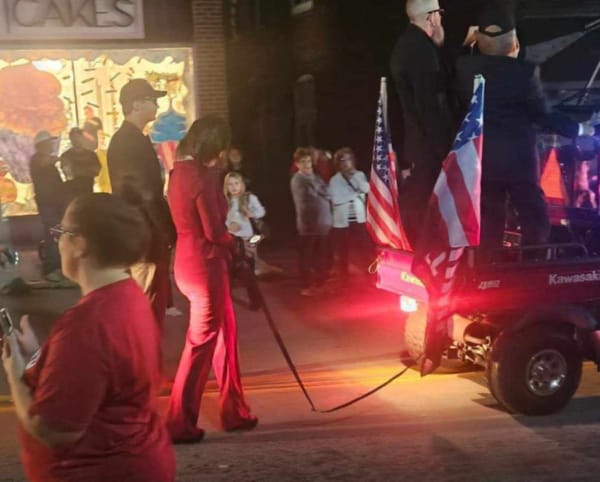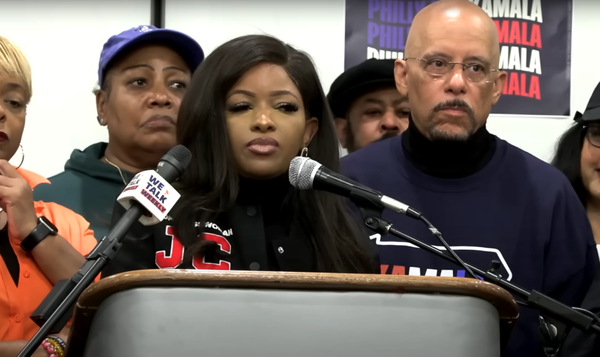New Orleans City Council Scales Back ‘Clean Zone’ for Essence Festival
NEW ORLEANS — Street vendors and downtown merchants will face limited business operations during this year’s Essence Festival following a New Orleans City Council decision to establish a temporary “clean zone” around the event.
In a unanimous 5-0 vote on Thursday, June 6, the council agreed to reduce the clean zone's size compared to previous years and clarified that the city, not Essence Festival organizers, holds the ultimate authority to approve permits within the zone.
The Essence Festival, set for July 4-7, will take place at various downtown New Orleans locations, including the Ernest N. Morial Convention Center and Caesars Superdome. The newly approved clean zone will cover the French Quarter, Central Business District, and Riverwalk areas, extending to the intersection of Tchoupitoulas and Orange Streets.
Clean zones restrict certain commercial and permitted activities within a designated area during major events, typically limiting street vendors and prohibiting local businesses from hosting other events that might increase traffic.
“We have had the Clean Zone for many years – the Super Bowl, Jazz Fest, French Quarter Fest – this is not a novel concept,” said Jade Brown Russell, a consultant representing Essence Festival, during a presentation before the council vote. “Our goal has been and remains to ensure that Essence Festival and its partners and its sponsors and the public enjoy the very best experience.”
Russell declined to comment on the council vote, and Essence Festival organizers did not immediately respond to requests for comment.
Andrew Tuozzolo, chief of staff for Councilmember Helena Moreno, noted that the council has recently been stricter in issuing clean zone permits, highlighting that one was not granted for the Sugar Bowl and that the French Quarter Fest clean zone was significantly limited.
Community members, particularly local business representatives, expressed skepticism about the proposed clean zone during public comments before the vote.
“This is a matter of restricting and banning operations and business operations that occur every single day within our city,” said DJ Johnson, owner of Baldwin & Co. “Essence has said that it has no intention of shutting down businesses, but it did,” referencing last year’s impact on his business.
In the previous year, Essence Festival faced criticism for issuing a cease-and-desist against the Black-owned bookstore Baldwin & Co. and Lit Diaries LLC for allegedly violating the clean zone by attempting to host a block party featuring Black authors.
“It was never the intent of the council for any ordinance, much less the Clean Zone Ordinance, to impact private businesses hosting private events that happened to coincide with the timing of Essence Fest,” council vice president JP Morrell said at the time.
The lawsuit against Baldwin & Co. was dropped within days, and Essence Festival issued a joint statement with Lit Diaries: “We have reached a resolution that we believe serves our collective interests, primarily among them, supporting and serving Black people and Black businesses… Lit Diaries understands Essence’s commitment to safeguarding its assets, not only for itself but the community at large.”
Clean zones in New Orleans have faced criticism since Super Bowl XLVII in 2013 when a judge limited the clean zone boundaries to the immediate vicinity of the Superdome, ruling that the city’s restrictions impeded free speech.
Councilmember Eugene Green was absent from the vote, and Councilmember Lesli Harris recused herself due to her previous work as a lawyer for Essence Festival.





